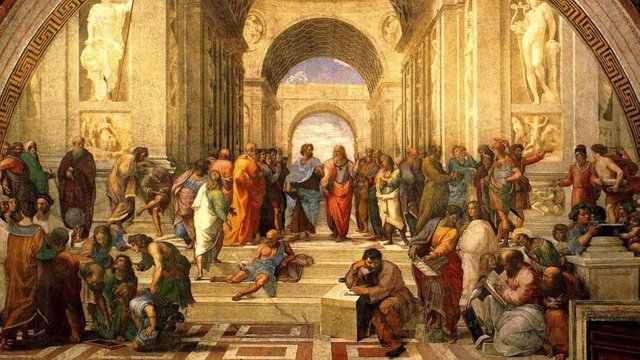An object of history understood as knowledge
There are two understandings about the subject of history as a science. One is narrower and the other wider. The closer understanding perceives the subject of history in the study of the past lives of the people, in that from this past life the so-called " a prehistoric period that is believed to be the subject of anthropology and archeology rather than history. All in all, this notion of the subject of history is dominated today, and history itself is taught by the view of this notion.
However, if one proceeds from the ontological order of historical time, one can not fail to conclude that the development of human society is not just a matter of the past. Generally speaking, it goes from past to present to the future. Therefore, many contemporary historians of thought have rightly noted that today, more than ever, the need for history to become a global science for the development of the human society that will she said she should focus her attention not only on the past to which issues of anthropo and social genesis have to be included, but also to the present and the future. In other words, the so-called a new history must reflect the historical development in a comprehensive and comprehensive way, taking into account its three dimensions: past, present and future.
HISTORIOGRAPHY TYPES
In its first forms of emergence, historical knowledge functioned primarily as empirical knowledge, which was the basis of various chronicles, chronicles, and so on. Here, there is still no desire to explain historical events, but rather a quest for their transmission to future generations. At the beginning of the first part of his "History", Herodotus notes that he exposes his research so that the memory of the people does not disappear over time, and that the glorious and delightful works of the Greeks and the barbarians do not pass away. Similar is the approach of Thucydides, who, in his "History of the Peloponnesian War", lets historians speak for themselves and the reader becomes familiar with their thoughts and motives for action. The common historical historiography is that it focuses on the facts rather than the historical explanation or interpretation. In this sense, the anachronist / historian / is absent in the events described by him or, if present, it is indirectly, at an evaluation rather than a theoretical level.

Hello welcome! Wish you all the best. Upvoted your introduction post. Have a great journey.
You got a 1.61% upvote from @booster courtesy of @godflesh!
NEW FEATURE:
You can earn a passive income from our service by delegating your stake in SteemPower to @booster. We'll be sharing 100% Liquid tokens automatically between all our delegators every time a wallet has accumulated 1K STEEM or SBD.
Quick Delegation: 1000| 2500 | 5000 | 10000 | 20000 | 50000